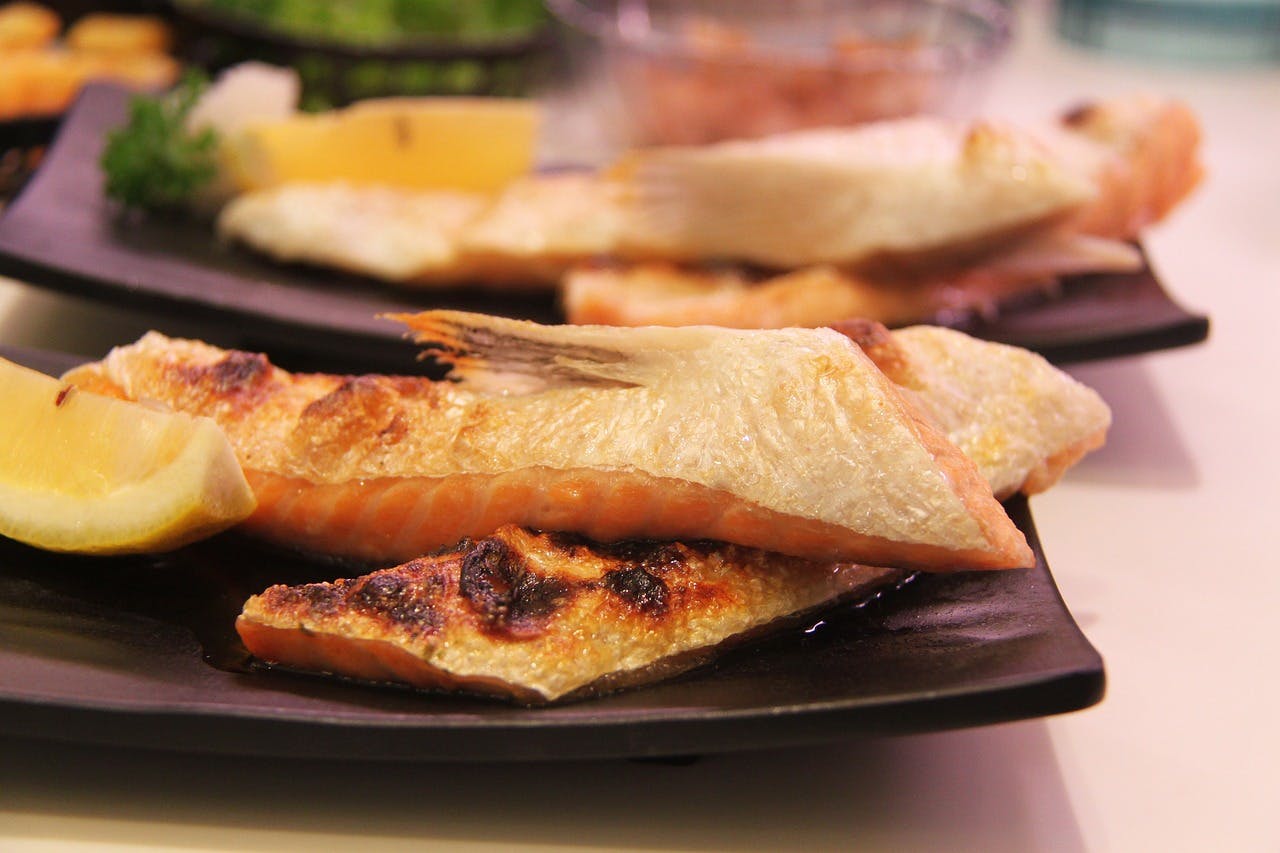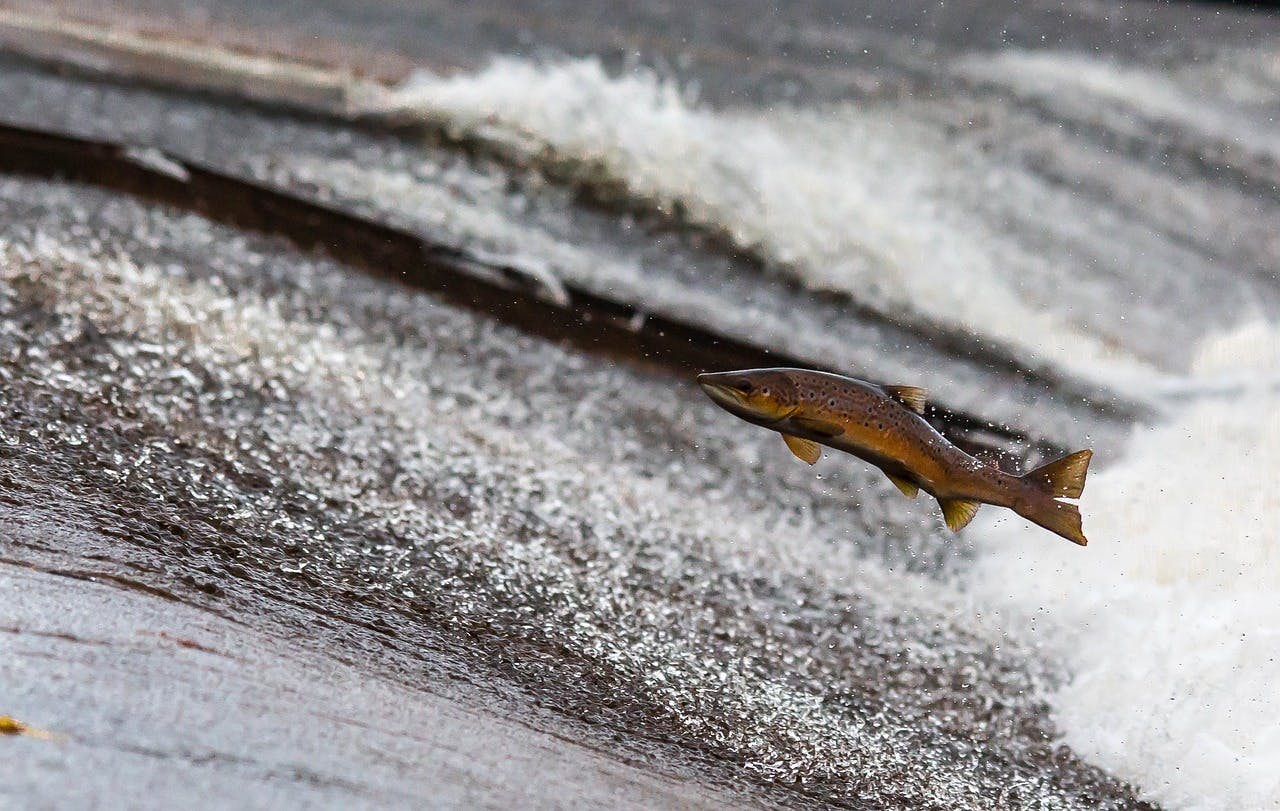Article
Commercial Salmon Farms in Iceland
While Iceland has a thriving fishing and related industries and is a leading exporter of fishery products, the salmon farming business is relatively new. This segment of the fishing industry has gone through a complete cycle of start-up and failure and has made a comeback thanks to some companies from Norway. There are still commercial salmon farms in Iceland today, most of which are run by private operators. The government ensures that the coast is protected from any kind of pollution from these facilities.
Rigid Legal Provisions - Salmon Farms Need Dual Licenses
Iceland has several laws regulating fish farms. A new operator must obtain at least two licences, an environmental permit and a regular licence to start operations. There are two ministries involved in controlling the industry: the Ministry of Fisheries and Agriculture and the Ministry of Environment and Natural Resources. Under these ministries are authorities such as the Icelandic Food and Veterinary Authority (IFVA) and the Icelandic Environmental Protection Agency. These authorities are responsible for issuing operating licences and environmental permits. They are primarily concerned with two things: the health of the fish, as it is intended for human consumption, and the protection of the coastline where the commercial salmon farms are located from pollution. Before they issue the licences, they follow complex procedures to assess the various parameters.

The Major Players in the Business
Arnarlax, Artic Sea Farm, Fiskeldi Austfjarða/Icefish Farm and Laxar fiskeldi are the four companies that virtually control the salmon and sea fish farming business in Iceland. As mentioned above, all of these companies have their origins or headquarters in Norway. It is a developing industry, but one with a potentially bright future. For comparison: in 2016, the production of Atlantic salmon in Norway was 1,233,619 tonnes, while Iceland reported a production of 8,420 tonnes. The difference is huge and cannot be compared. To be fair to the Icelandic industry, the amount of licences issued is only 60,000 tonnes. In the same year, the global production of salmon fish was 2.3 million tonnes.
Scope for Icelandic Players to Join the Fray
The development of commercial salmon farming in Iceland so far has paved the way for local Icelanders to invest in this business and establish farms for the production of salmon sea fish. They can capitalise on the market demand for the product and serve the domestic and export market. It has the potential to create jobs for many Icelandic youth living in the coastal areas of the country. Government authorities may also be more interested in promoting the industry without compromising on environmental protection.
The Icelandic Aquaculture Association (TIAA) is planning to expand the industry and can lobby for more investment. There is also an Icelandic section of the International Salmon Farmers Association.

Some Natural Impediments
For commercial salmon farms, sea cages have to be built to catch the fish and breed them scientifically. There have been cases where these cages have been damaged due to the extreme climate in these parts of Iceland. Temperatures drop below freezing and ice forms. The ice can damage the sea cages. The farm operators have managed to overcome this handicap by importing Norwegian eggs that can withstand warmer waters and utilising the readily available geothermal water in Iceland to mix with the cold water in the farms. This has helped to save the salmon and achieve better yields.
Icelandic salmon and marine fish farming could grow faster in the coming years.
Far any assistance in Iceland, contact Swapp Agency.